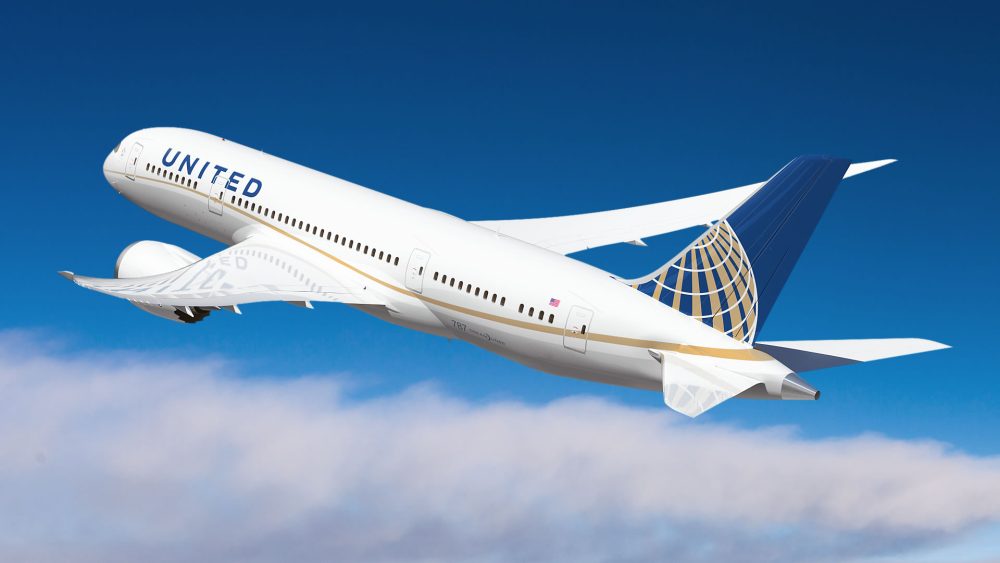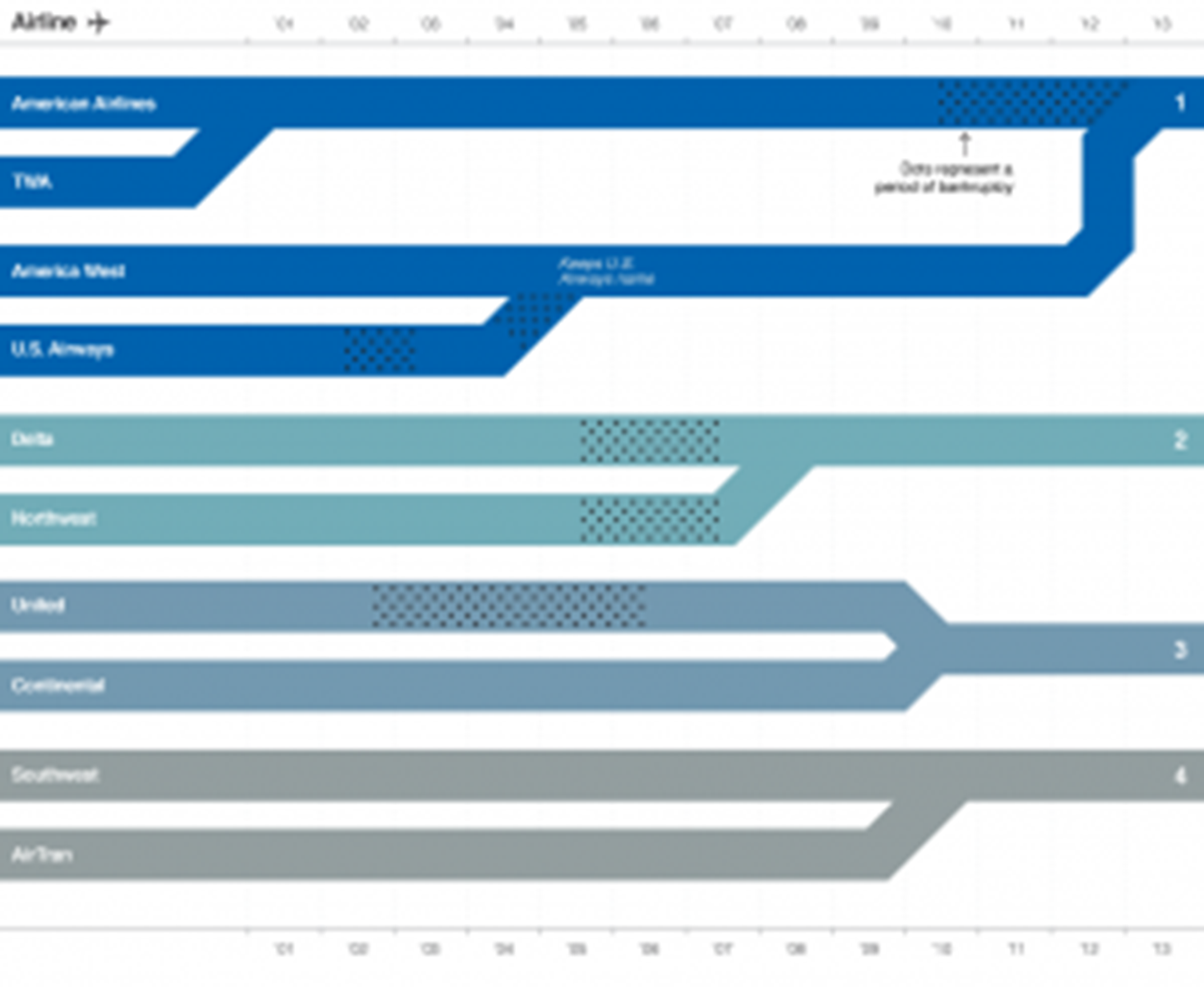You’re part of a school group or volunteer group that has decided the destination of its next trip. It’s to somewhere exciting, a place you’ve always hoped to go, and for better or worse, you need to fly there. Where to turn, what to do?
The first steps can be the most intimidating. Organizing a flight as a group comes with some great benefits, so let’s start there. A group, by definition, means you have people who want to travel together on the same flights. The airlines consider a group as 10 or more traveling together. With that threshold met, the airlines will give your travelers special consideration. Booking as a group can ease your departure and arrival logistics, as you will all depart and arrive together. In addition to the logistical benefits, you usually guarantee the same price for everyone.
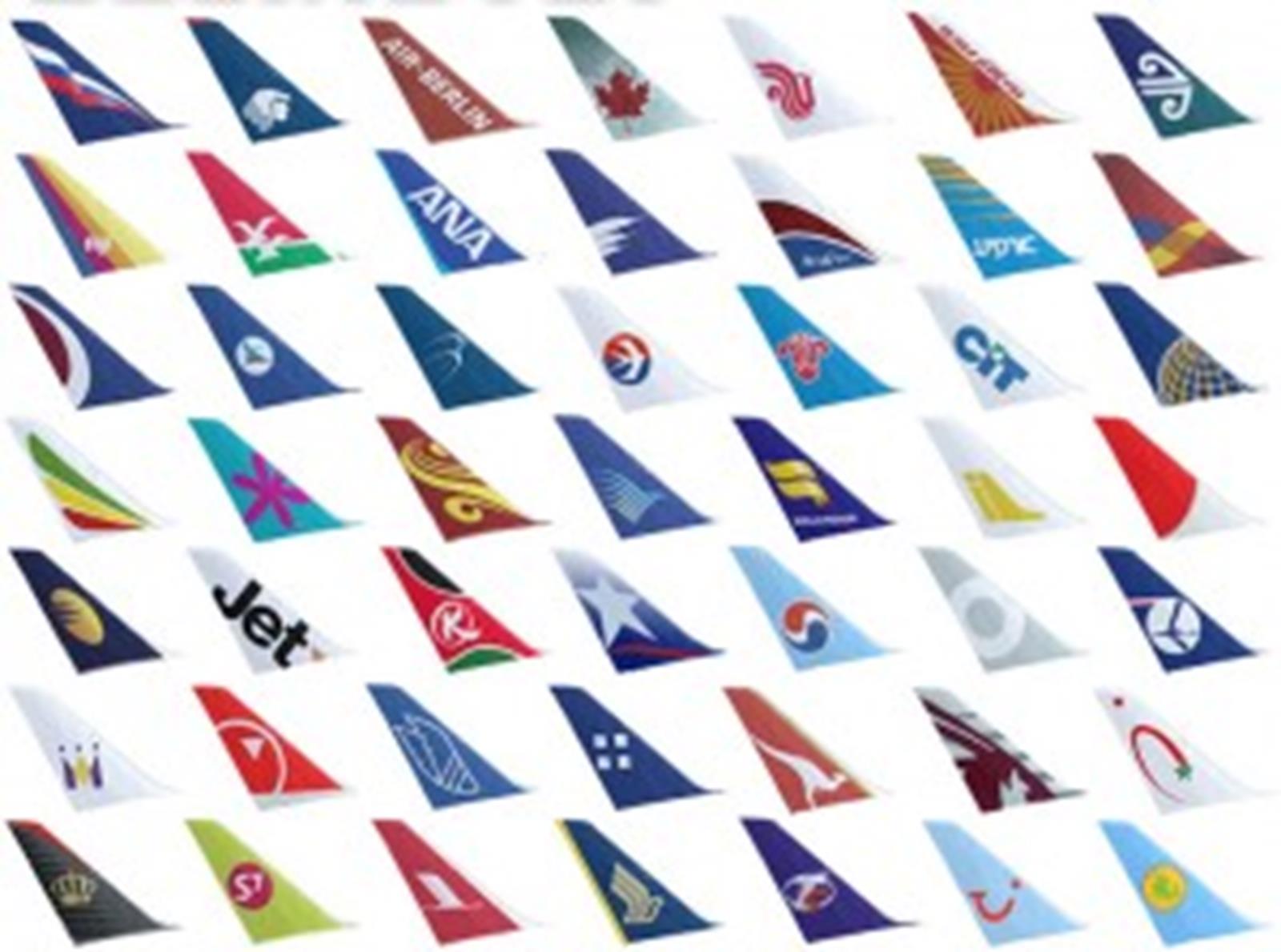 You can generally request group space up to 11 months in advance of today’s date. It is up to you on how to approach this. You can do your homework and research every airline that flies the route. You then need to find the airline contacts, make the calls, get the quotes and ask the questions (assuming you know what to ask them). Chances are every time you call, you’ll speak to a different representative. If you work with a travel agency, it may have stronger purchasing power or can more effectively negotiate the airfare on your behalf.
You can generally request group space up to 11 months in advance of today’s date. It is up to you on how to approach this. You can do your homework and research every airline that flies the route. You then need to find the airline contacts, make the calls, get the quotes and ask the questions (assuming you know what to ask them). Chances are every time you call, you’ll speak to a different representative. If you work with a travel agency, it may have stronger purchasing power or can more effectively negotiate the airfare on your behalf.
Once confirmed, you may be asked to pay a deposit to hold space. At this point, you have not provided anything to your agency or airline other than a commitment that you will use the space down the road. Deposits can range from $50 to $200 per seat, depending on the season and destination. Further down the road, you will approach what airlines call the “utilization date,” usually 90-100 days before departure. Simply put, this is the last day you can cancel or reduce space, without fear of being penalized. While you may have been holding space for some time, you still haven’t provided any passenger names to the airline, giving you plenty of opportunity to keep recruiting group participants.
Now that the utilization date has passed, you might be wondering what happens next. First, a good thing to know about being within the utilization date is that while you have entered a penalty period for reductions and cancellations, the airlines usually build in some flexibility in filling up your group reservation. Many airlines will still allow an additional 10-20% reduction in the space held, without any penalty. For example, if you held 25 seats to begin, you could reduce down to a minimum of 10, outside 90 days, without penalty. At 95 days out, you reduce by five seats and continue to hold a block of 20 seats. Within that 90-day period, the airline gives you an additional allowance on that space held. Most airlines will require 80-90% of the seats held to be utilized. Another way to think of this is whatever number of seats you hold, you have a cushion of 10-20% of those seats that can remain unfilled by the time passenger names and the balance need to be submitted. In this example, if we held 20 seats, you still only need to utilize 18 of those 20 seats (hence why the airlines call this your “utilization” period).
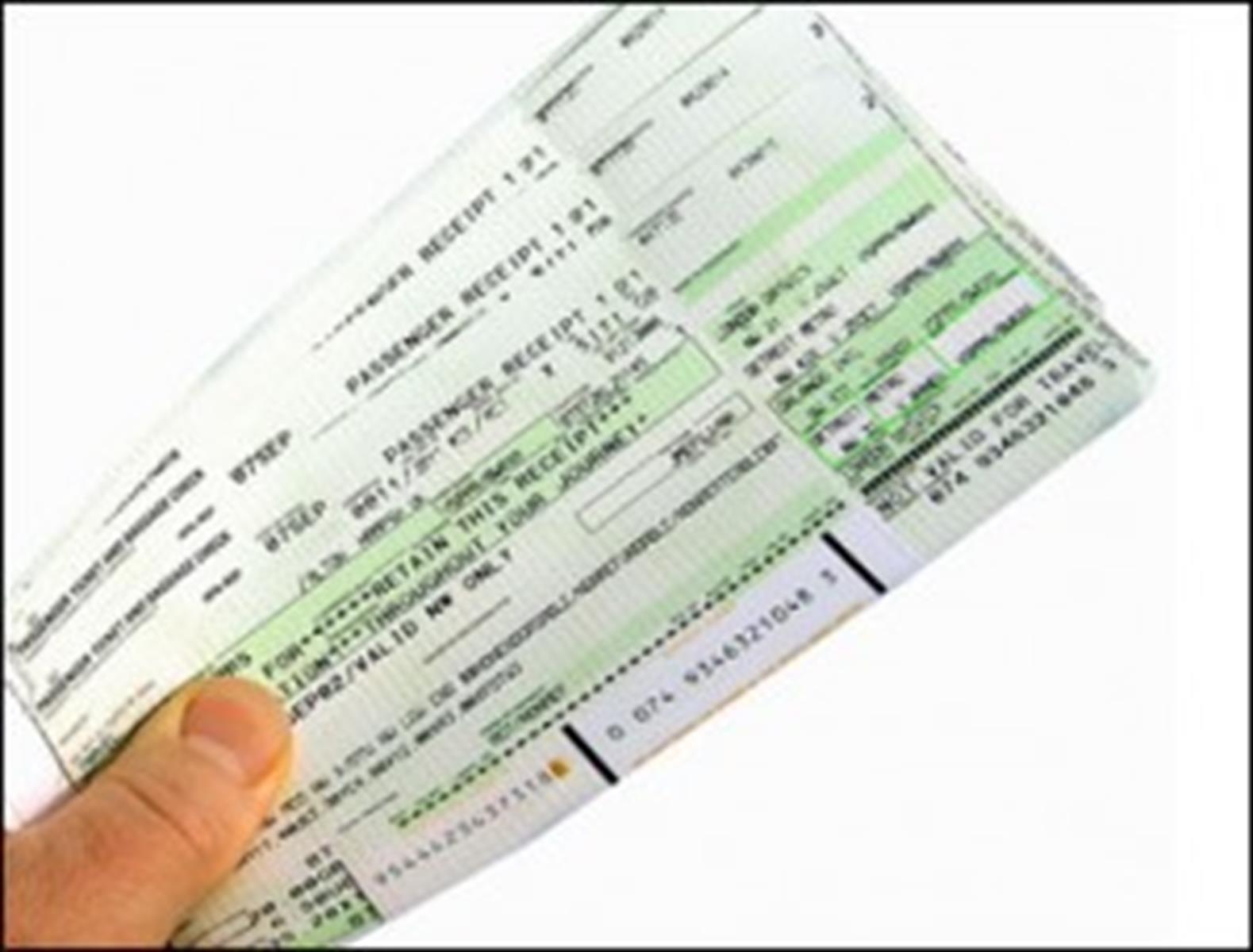 As you have continued to hold on to your reservation and make adjustments, you still have not submitted any passenger names yet, nor have you paid the balance. Again, this gives you the flexibility for people to sign up, or drop from, your group without too much worry about penalty. Once you approach 35-45 days before departure, it is time to finalize the group, and tickets will be issued. You need to work with your agent, or the airline, to submit all passenger names, dates of birth and passenger gender, as well as take steps to make your final payment of the balance. Submitting passenger information is an extremely important step; you want to double and triple check to make sure the names are as they appear on passenger identification. Ask the agent in advance as to what the policy is regarding name corrections or complete name changes. Every airline has a different policy, and when it comes to total name changes, there can be high fees to make the change.
As you have continued to hold on to your reservation and make adjustments, you still have not submitted any passenger names yet, nor have you paid the balance. Again, this gives you the flexibility for people to sign up, or drop from, your group without too much worry about penalty. Once you approach 35-45 days before departure, it is time to finalize the group, and tickets will be issued. You need to work with your agent, or the airline, to submit all passenger names, dates of birth and passenger gender, as well as take steps to make your final payment of the balance. Submitting passenger information is an extremely important step; you want to double and triple check to make sure the names are as they appear on passenger identification. Ask the agent in advance as to what the policy is regarding name corrections or complete name changes. Every airline has a different policy, and when it comes to total name changes, there can be high fees to make the change.
At 30 days out, the airline or agency will issue tickets. Most tickets today are issued as electronic tickets, where you simply show up at the airport with your identification and have boarding passes issued. When tickets are issued, you should receive some sort of recap or confirmation of the ticketed passenger names and ticket numbers. Your travel agent or airline representative should also continue to work with you to iron out any last-minute questions prior to travel.
Student Group Pricing
This is probably the most confusing part of the group booking process. Everyone wants discounted airfare, but what does this mean? First, using meta-search sites like Kayak.com is a good reference point, but that’s about all. You might find airlines you have never heard of before, or can explore flight times and durations to make you a more educated consumer. Do not expect that your group of 50 will find the same price available to book for everyone.
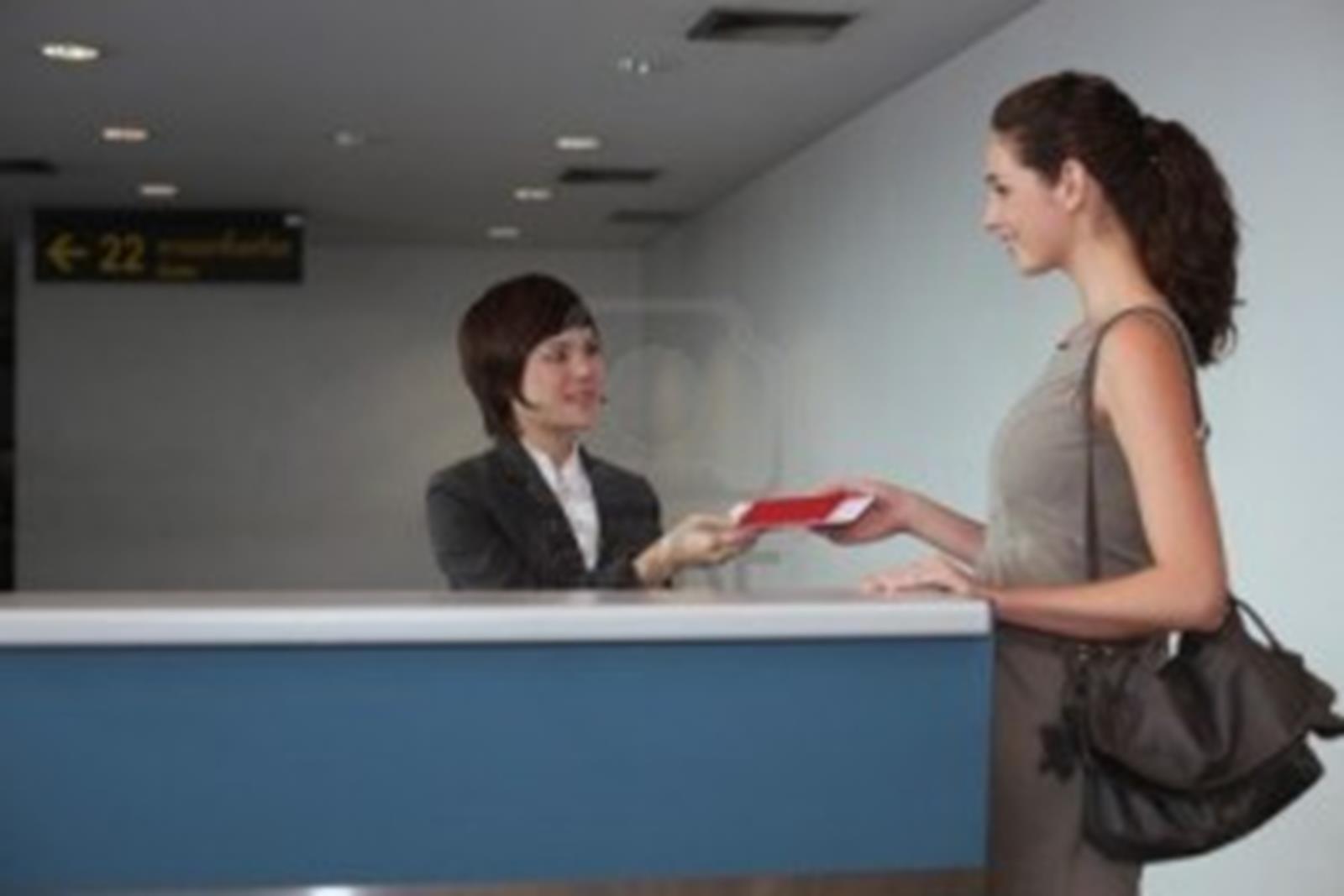 An airfare you find on Kayak is for an individual, instant-purchase ticket. They are discounted off the full economy fare, but those extreme discounts may be limited in quantity, nonrefundable and come with strict rules. While we bandy about terms like “business class” and “economy,” you need to dive a bit deeper into this. Within economy class, there are over 20 varying levels of price and restrictions, and as you may expect, the lower the airfare, the higher level of restriction placed upon it. Back to our group: An airline wants to operate its flight profitably. No matter the best intentions for which you plan to travel, the airline has one end goal − to make a profit.
An airfare you find on Kayak is for an individual, instant-purchase ticket. They are discounted off the full economy fare, but those extreme discounts may be limited in quantity, nonrefundable and come with strict rules. While we bandy about terms like “business class” and “economy,” you need to dive a bit deeper into this. Within economy class, there are over 20 varying levels of price and restrictions, and as you may expect, the lower the airfare, the higher level of restriction placed upon it. Back to our group: An airline wants to operate its flight profitably. No matter the best intentions for which you plan to travel, the airline has one end goal − to make a profit.
To fill the flight, airline sites use a multitude of marketing channels, including discounting the rate off of the full economy rate (again the trade-off to entice you to buy is to lower the price and increase the restrictions). These discounted seats may be very limited in nature, and only 5-10% of the total aircraft capacity. You could take the risk to try to outsmart the reservation system, and on that group of 50, you might get 5, 10 or 15 at the same rate and itinerary and then the availability changes rapidly. All of the sudden, you end up paying a lot more for your tickets and struggle to match itineraries.
When you request a group fare, the airline will give you a price that might be similar to that individual ticket, but it may be higher, too. Why, you ask? This is a trade-off to get many of those benefits as outlined previously. You are getting the flexibility to only pay a deposit, reduce down with no penalty, and not provide names or the balance until 35 days before departure. Finally, you are guaranteeing that price is the same, and the itinerary is the same, for everyone in the group. If you are traveling in low season, the airline might throw in one free ticket per specified ratio of ticketed passengers.
Again, using a travel agent may get you better purchasing power, or their expertise might land you better flight times and a more educated process. If you are working directly with the airline, be sure to double check if they charge a “ticketing fee” on top of the contracted group airfare. Some airlines do not charge this, but many international airlines charge anywhere from $25-$60 additional, per ticket, to issue your e-tickets. Since so many things with airlines cost extra today, this is another fee to watch out for.
Other Things to Consider
 There are a few other things to understand when confirming a group, and your travel agent should be able to answer. First, is the price they are presenting you transparent? US Department of Transportation regulations implemented in 2012 require disclosure of the base fare, all taxes and surcharges, and baggage fees at the time of your airfare quote. They do not require disclosure of other ancillary fees such as excess baggage, onboard meals and airport check-in fees.
There are a few other things to understand when confirming a group, and your travel agent should be able to answer. First, is the price they are presenting you transparent? US Department of Transportation regulations implemented in 2012 require disclosure of the base fare, all taxes and surcharges, and baggage fees at the time of your airfare quote. They do not require disclosure of other ancillary fees such as excess baggage, onboard meals and airport check-in fees.
It is also important to understand if there is a fuel surcharge associated with your ticket price. When it comes to groups, many airlines will guarantee the base fare only, but they do reserve the right to increase their fuel surcharges. If your group tickets have not been issued, you may be required to pay the additional surcharges. The airlines also reserve the right to implement new, or increase existing, ancillary fees. Finally, if you are flying to a foreign destination, new taxes may be imposed, or rates of exchange may change. If nothing else, you should include some contingency plans in your budget for unforeseen expenses.
It may be a bit more complicated should someone request to deviate from the group’s itinerary. It is extremely important to understand the terms and conditions of the ticket should any passengers be looking to change their ticket. While the airlines do usually make some consideration for special requests, changes can be limited in nature and may be for an additional fee. Airlines usually allow 10-20% of the block size to deviate from the itinerary, to depart early or return later than the main group. Typically they do not allow any rerouting of the ticket. If your group is traveling Houston-Paris, do not expect them to allow anyone to return from Rome.
A Changing Game
The economics of group airfares has changed significantly in the past five years. On the positive side, government deregulation such as the 2008 US-EU Open Skies Agreement has meant that there is a larger global network that can be accessed from smaller airports. It is now possible to confirm a group on a single ticket, from Little Rock to Munich, on Lufthansa. Their joint venture agreement (JV) with United Airlines allows reciprocity on their route networks, baggage transfers and sharing revenue. JV’s are the new normal and here to stay.
Open Skies has also come at a cost. While the industry has been in consolidation mode for some time, Open Skies has led to a flood of mergers and JV’s, most with government approved anti-trust immunity. This has meant less than a handful of airlines are calling the shots on pricing and inventory management on key routes. Flights to Western Europe have boiled down to the three major airline alliances One World with American and IAG (comprised of British Airways and Iberia Airlines of Spain), Star Alliance with United Airlines, Lufthansa, Swiss, Air Canada and others, and SkyTeam, which is comprised of Delta, Air France, KLM and Alitalia. Consolidation continues at a rapid pace with Delta buying a 49% stake in Virgin Atlantic, and the merger of American Airlines and US Airways, with US Airways dropping Star Alliance to join American at One World.
It is not all doom and gloom, though. As airlines consolidate, it has created some new opportunities for group travelers. Again, the ability to work with airlines outside of their major gateways has led to a broadened global network. The explosive growth of Asian airlines into the United States is also a bright spot. The arrival of Emirates Airlines, Qatar Airways and Ethihad Airways has meant ne options for U.S. originating travelers at competitive rates to Africa, Central Asia and points eastward.
The fastest growth segment of global aviation is in Asia, with both Asian and North American airlines rapidly expanding capacity to support the growth in this market. In addition, changes in aircraft are shaking up the route map. Boeing’s 787-800 has meant that airlines can add new cities to their network with smaller aircraft. New routes are quickly being added in mid-market cities such as Boston, Denver and San Jose to Toyko on Japan Air, United and ANA, respectively. On the Airbus side of the coin, the Airbus 380-800 has meant that airlines like Emirates, Korean and Singapore Air can increase their seat capacities without changing their schedules. More cities and more seats available have worked to counteract industry consolidation.
Planning to travel by air, as a group, does come with some pros and cons. If you are the one in charge, the pros should far outweigh the cons. Being able to guarantee the same flight and same price for everyone simply puts that part of your travel planning to rest. This frees up your time to recruit participants and deal with other logistics such as hotel and ground transportation, with the peace of mind that the airfare is resolved. Be sure to talk to your travel agent about the terms and conditions regarding your group fare carefully. Think creatively, too; be flexible with dates and routing, and don’t be afraid to try airlines you have never heard of before.
Bio
Eric Howard is Director of Travel Services at StudentUniverse and has been with StudentUniverse since 2005. He is a graduate of the University of Massachusetts-Isenberg School of Management, with a concentration in Tourism Management.

